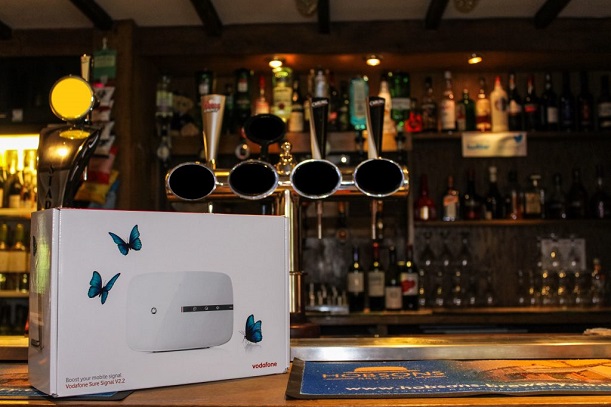Operators are not doing enough to connect rural areas, ABI Research has claimed, with limited spend on small cell backhaul leading to communities falling further behind.
Researchers have predicted there will be 220,000 small cell backhaul links globally between now and 2020, with sales reaching $300 million.
Small cells offer operators low cost connectivity and remove the need for macro rollouts. ABI said new kinds of technology like mobile edge computing and local applications can improve quality of service for operators.
It said sub-6GHz backhaul remains the best means for overcoming problems with connecting harsh environments and hard to reach areas.
While satellite offers a good alternative, Senior Analyst Ahmed Ali said it has cost and latency issues of its own. He explained: “Although satellite links are experiencing relatively slower growth, more collaboration among the mobile operators, small cell vendors, and satellite operators will undoubtedly lead to enhancing the technology and increasing the adoption rate.”
He added: “The use of multiple backhaul solutions is crucial in order for operators to offset the high cost of extending the backhaul network. While backhaul technologies continue to develop, small cells have proven, and will continue, to be suitable for rural and remote radio access.”
The predictions come as Vodafone UK extended its Rural Open Signal program to remote community hubs.
Up to 100 pubs, village halls and shops will be able to apply for the project, which will enable 3G voice and data in areas that were previously unconnected.
Successful applicants can plug a unit into a fixed broadband router to connect them to voice and data.
Jorge Fernandes, Vodafone UK Chief Technology Officer, said: “Reliable mobile coverage and mobile internet are vital to the economic and social well-being of rural communities. By installing our units, we can ensure that rural hotspots continue to play an important role in rural community life.”


